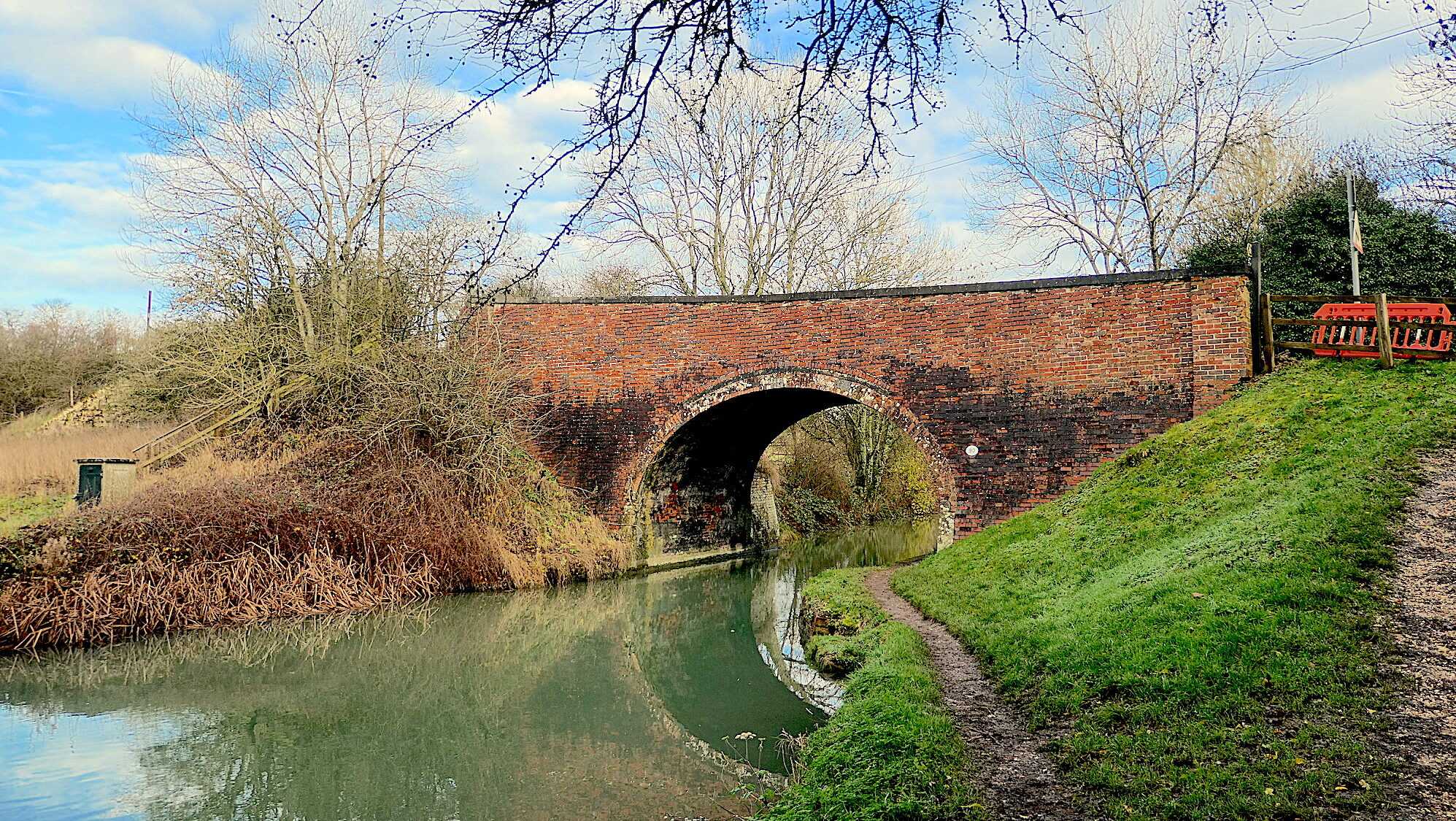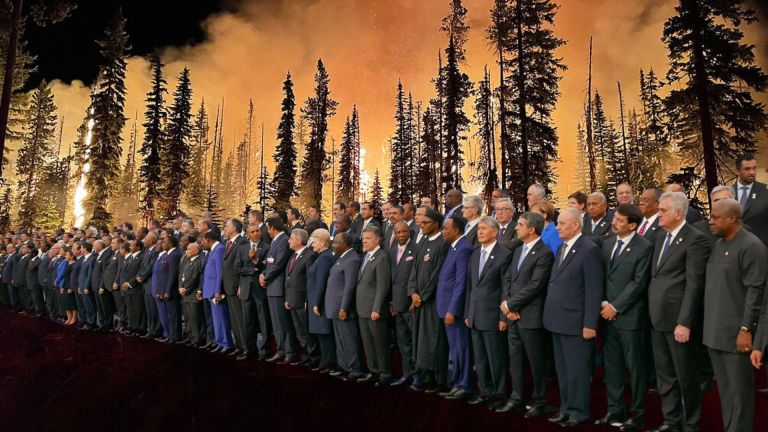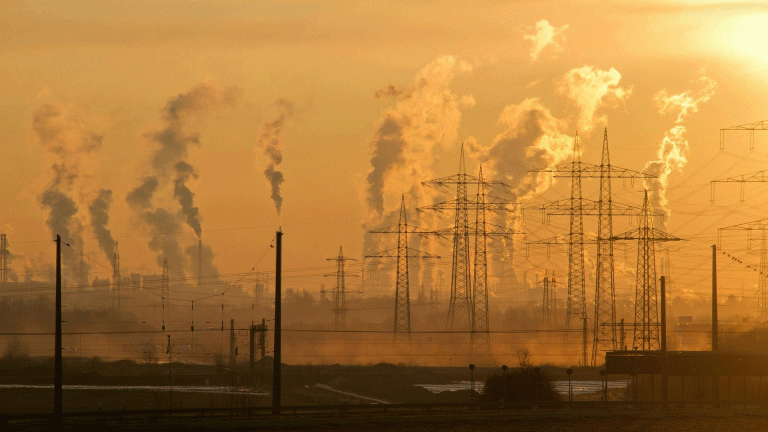Environmental barrister Paul Powlesland, founder of Lawyers for Nature, said water companies have effectively enjoyed “leniency” for decades.
“The law hasn’t been enforced against them. There are outfalls which have been illegally spilling sewage for 30 years, and the money that should have been spent fixing these was effectively given to shareholders.”
Today (21 October), campaigners will gather outside Ofwat’s headquarters to urge the regulator to reject the plan.
“Water companies profit from pollution. The less money they invest in our water infrastructure, the more they can pay out to shareholders,” said Sophie Conquest, lead campaigner at We Own It. The pro-nationalisation organisation has organised today’s protests.
“Thames Water has a mountain of debt, and has breached its statutory duties time and time again. We cannot reward this outrageous failure with leniency on rules and regulations. The only acceptable next step for Thames Water is special administration, followed by permanent public ownership.”
Why is Thames Water in so much trouble?
Thames Water has been in the headlines for all the wrong reasons. Last year, the company discharged raw sewage into Britain’s waterways for more than 300,000 hours.
Advertising helps fund Big Issue’s mission to end poverty
In May, Ofwat handed the company a £123 million fine for a “series of failures” linked to “inadequate” wastewater operations. Campaigners have a blunter description.
“They’re poisoning our water,” Powlesland told Big Issue. And it’s worse than official figures suggest: many overflows are unrecorded or underreported.
“On most rivers, we have no idea where the illegal sewer is going in and how much is going in,” he said.
Powlesland founded the River Roding Trust to clean up London’s third-largest river. He has spent much of the summer sampling river water to measure sewage levels. The results, he says, are grim.
“Just today I was out… there is one overflow upstream that is literally a waterfall of raw shit going into the river. It is measurable half a mile downstream, and it is killing the river.”
Thames Water argues it cannot afford to make the necessary improvements immediately.
Advertising helps fund Big Issue’s mission to end poverty
The company’s £19 billion debt has built up since privatisation in 1989. Over the past 35 years, it has borrowed to fund investment and pay dividends, often taking on new loans to meet interest payments.
In December, the High Court approved a £3bn cash injection from creditors – at a staggering 9.75% interest rate, which will be repaid through customer bills. Water bills are expected to rise by an average of £31 per year over the next five years.
In June, KKR – a private equity firm that Thames Water’s creditors selected as their preferred bidder to take over – pulled out. That left Thames in the hands of its creditors, including US private hedge funds. They are now proposing that they formally take over – but they can only do so if they are granted leniency on pollution targets.
Mike McTighe, proposed future chair of Thames Water under the non-binding plan, admitted there is a “huge amount of work” to be done but insisted a creditor-led turnaround is possible.
“Together with committed and experienced new investors, the collective focus of the new board under London & Valley Water’s plan will be on fixing the foundations, reducing pollution and rebuilding public trust so that by the end of this decade Thames Water can once again be a reliable, resilient, and responsible company.”
The alternative is special administration, which would place Thames Water under temporary government control and likely involve writing off large portions of its debt.
Advertising helps fund Big Issue’s mission to end poverty
Conquest argues that if this happens, the government should not sell the company back to private investors.
“The analogy we use is if you have a house and it’s falling apart and the foundations are ruined, it’s much more difficult to make those fundamental repairs if you don’t own it. But if you own the house, you can make those changes much quicker.
“In a privatised water system, so much of the money that we’re paying as bill payers is going straight back out into the pockets of banks and shareholders. If it were publicly owned, that money could instead go into infrastructure.”
Regulators must decide whether to accept parts of the plan, demand stricter oversight, or to push Thames Water into special administration.
Powlesland says the final option is probably the best – but the lack of data on sewage discharges remains an even greater problem.
“I do think the experience of the last 30 years has shown that the profit motive doesn’t work – it gives an added incentive to break the law. So realistically, for a sustainable long-term system, nationalisation and running it in the public interest is probably necessary,” he said.
Advertising helps fund Big Issue’s mission to end poverty
“But it’s not sufficient, because the government will need to actually do this work, and they, at the moment, have no plan, no data, to actually go and fix this problem.
“There is not a single river in probably the whole of England where we know how much illegal sewage is going in.”
Do you have a story to tell or opinions to share about this? Get in touch and tell us more.
Reader-funded since 1991 – Big Issue brings you trustworthy journalism that drives real change.
Every day, our journalists dig deeper, speaking up for those society overlooks.
Could you help us keep doing this vital work? Support our journalism from £5 a month.
Advertising helps fund Big Issue’s mission to end poverty





